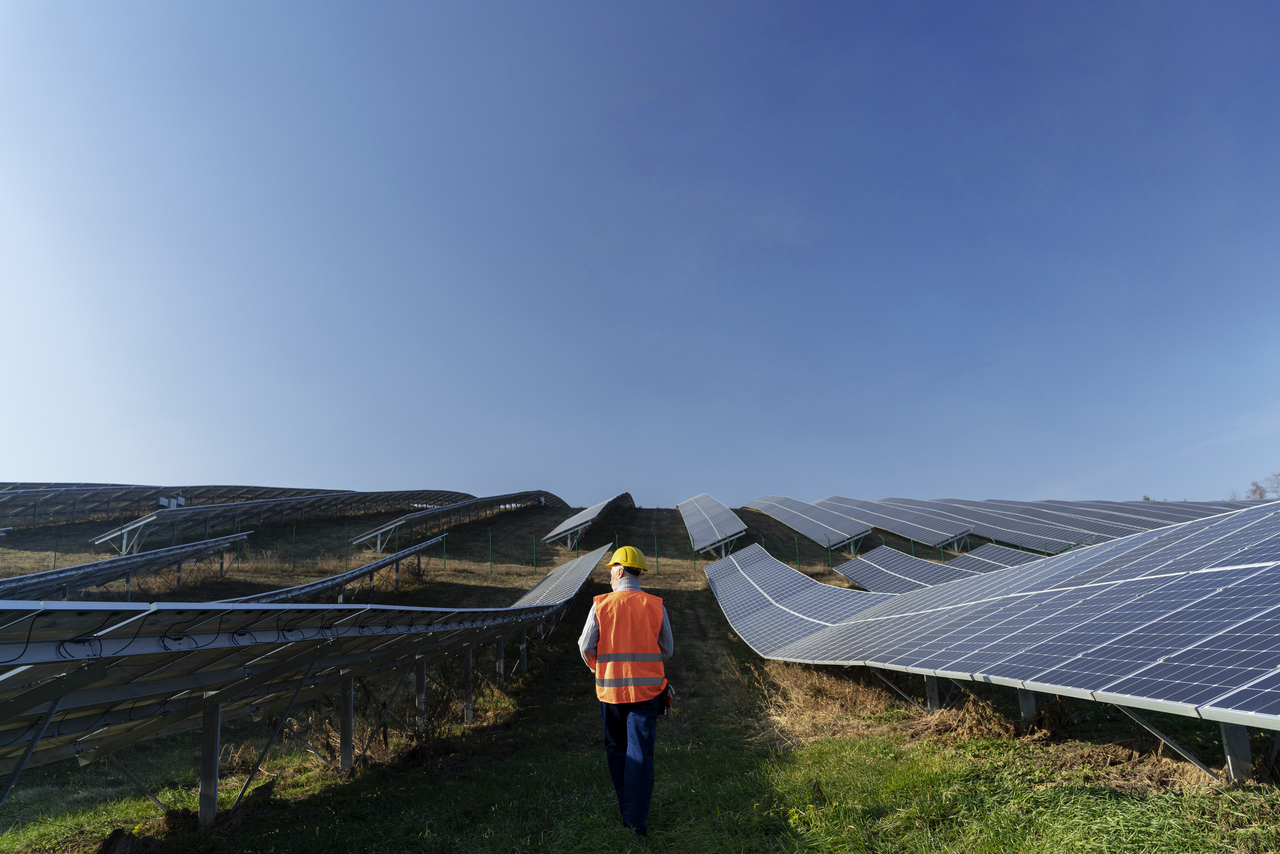Exploring the Link Between Solar Energy and Climate Resilience
June 8, 2024

Exploring the link between solar energy and climate resilience reveals the crucial role renewable power plays in fostering environmental stability and economic security. This synergy offers a promising pathway to sustainable future governance.
The Rising Importance of Solar Energy
A Clean Energy Solution
Solar energy, which originates from the sun’s radiant light and heat, is harnessed using technology like solar panels. This energy source is pivotal as it does not emit greenhouse gases, which are primarily responsible for global warming.
Cost-Effective and Accessible
Over the past decade, the cost of solar installations has significantly decreased, making it an affordable option for many. This cost reduction promotes broader access to clean energy, spurring increased adoption at both residential and community levels.
Solar Energy and Climate Resilience
Enhancing Energy Security
Solar energy contributes to climate resilience by decreasing reliance on imported fuels. Communities harnessing solar power can maintain stable energy supplies even during economic or geopolitical turmoil.
Reducing Carbon Footprint
By replacing fossil fuels, solar energy reduces carbon emissions substantially. Lower emissions contribute to less global warming, directly impacting climate change mitigation efforts.
Related Post- Solar Panels Colorado: A Radiant Path to Renewable Power
Impact on Local Economies
Job Creation in the Solar Industry
The growth of the solar industry has been a boon for job creation. Installing, maintaining, and advancing solar technologies provide new jobs, enhancing economic resilience in local communities.
Economic Stability Through Energy Independence
Solar energy allows communities to generate their own power. This autonomy can stabilize local economies against fluctuating energy prices and supply disruptions, which often affect fossil fuel markets.
Solar Innovations and Technological Advances
The Role of Battery Storage
Advancements in solar battery storage technology allow excess energy produced during sunny periods to be stored and used overnight or during cloudy intervals. This continuous availability enhances the practicality of solar energy as a reliable power source.
Smart Grids and Solar
Smart grids integrate solar energy more effectively, managing its distribution based on real-time supply and demand. These systems increase the efficiency and reliability of the power grid, accommodating more renewable energy sources.
Also Read- The Future of Solar Energy: Innovation and Trends to Watch
Community-Level Impact and Adaptation
Rural Development and Solar Power
In rural areas, solar energy provides reliable power support, drastically improving the quality of life and economic opportunities without the extensive infrastructure required for traditional power grids.
Disaster Preparedness and Response
Solar power systems can function independently of the main grid. This feature is crucial during natural disasters, as solar-powered buildings can continue to operate, providing vital services and shelters.
Future Prospects and Sustainability Goals
Towards a Sustainable Future
Integrating solar energy into national and international energy systems supports the achievement of sustainability goals. It not only addresses current energy needs but also ensures a cleaner, more resilient future.
The Global Impact
Internationally, transitioning to solar energy can lead to significant environmental improvements. Countries adopting solar can decrease their carbon footprints, contributing to a global reduction in climate change effects.
Conclusion: A Brighter, Resilient Tomorrow
Exploring the link between solar energy and climate resilience illuminates the path towards a more sustainable and economically stable future. As we forge ahead, the expanded use of solar energy will undoubtedly play a pivotal role in global efforts to combat climate change and enhance community resilience.